Global health research is becoming increasingly more important, especially as our world becomes more globalized. According to Health Research Policy and Systems, “Only 10% of the world expenditure on health research and development is spent on health conditions that represent 90% of the global disease burden.”
Also know as the 10/90 gap, this fact puts pressure on those conducting the research to find success. Global health research not only leads to new understandings and discoveries, it informs political action, locally and internationally.
Though there are many factors to consider, I’ll highlight 4 particularly important facets that should be considered when researching in a global health setting.
1. Cultural Familiarity
Health issues are rarely singularities. There are typically many other factors involved that need to be considered when doing research, such as access to water, socio economic conditions, political climate (including war), existing trade agreements, and ecological degradation. A powerful example of this is HIV/AIDS specifically in Africa—factors such as poverty and war affect the population most at risk, and can contribute to where the disease is most prominent and why.
Varying cultural views on disease and medicine also play a role. This can be especially true in the delivery of care. Social conventions or stigmas about illness have the potential to impede the implementation of a successful remedy. To easily avoid these roadblocks, researchers should become culturally familiar with the communities they are attempting to treat.
2. Health Infrastructure
The outbreak of Ebola across West Africa in 2014 made one thing very clear: the importance of infrastructure. Infrastructure plays a crucial role in how achievable health solutions are. With something as easy to contain and difficult to transmit as Ebola, it became painfully clear a lack of basic health essentials—sanitary and running water, protective gear including gloves, very few health staff, no emergency vehicles like ambulances—can be detrimental to the implementation of health measures.
As Paul Farmer put it in The London Review of Books, “Without staff, stuff, space and systems, nothing can be done.” This is no easy obstacle to overcome, but it is an extremely important consideration for global health researchers to not only take into account, but be acutely aware of. Alice Street said it best in the series “Ebola fieldnotes”: “Infrastructures cannot be built into boxes.”
3. Integrated Team Building
Historically, research training in health overemphasized the importance of narrowly focused subject matter experts and underemphasized the importance of interdisciplinary teams. According to the Bamako Call for Action on Research and Health, which resulted from The Global Ministerial Forum on Research in 2008, “The nature of research and innovation for health improvement, especially in the context of the United Nations Millennium Development Goals, is not sufficiently interdisciplinary and inter-sectoral; there is a need to mobilize all relevant sectors (public, private, civil society) to work together in effective and equitable partnerships to find needed solutions.” (Recognition Statement 5)
By building teams of integrated expertise, global health research can transform into implementable actions.
4. Active Collaboration
Integrated team building is a great concept, but it doesn’t work if there is no collaboration. Of course, team dynamics in research are a robust topic all their own, which I will address in a future post. For now, let’s focus on the importance of not only working side-by-side, but actively seeking to exchange knowledge and improve ideas.
A study of 15 multinational companies by Harvard Business Review,
“reveals an interesting paradox: Although teams that are large, virtual, diverse, and composed of highly educated specialists are increasingly crucial with challenging projects, those same four characteristics make it hard for teams to get anything done. To put it another way, the qualities required for success are the same qualities that undermine success. Members of complex teams are less likely—absent other influences—to share knowledge freely, to learn from one another, to shift workloads flexibly to break up unexpected bottlenecks, to help one another complete jobs and meet deadlines, and to share resources—in other words, to collaborate. They are less likely to say that they “sink or swim” together, want one another to succeed, or view their goals as compatible.”
Research teams are expected to produce results, but how can they if they aren’t collaborating? If the aim of the research is to come to a conclusion, and that conclusion is supposed to advise action, it’s imperative each member of the team commit to be an active part of the group and be willing to collaborate—more specifically, be willing to listen to others ideas, communicate well, establish mutual trust, and align their personal goals with the greater goals of the group. Without active collaboration, the project is setup to fail.
Global health research is an increasingly crucial endeavor with a lot of moving pieces. It requires researchers to be at their best both in their expertise and in their social and emotional intelligence. Researchers aren’t just scientists locked away in a lab, they are problem-solvers and integrationists whose contributions have impact. I encourage anyone with a strong interest in public health on any scale to subscribe for more expertise, resources, and advice.




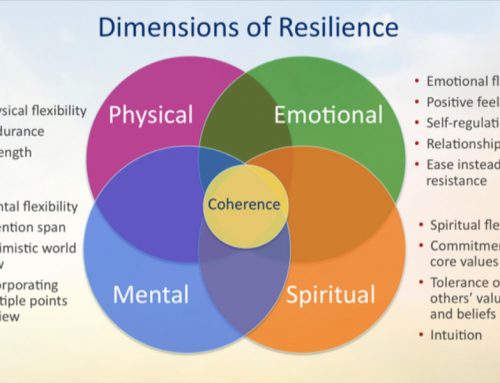


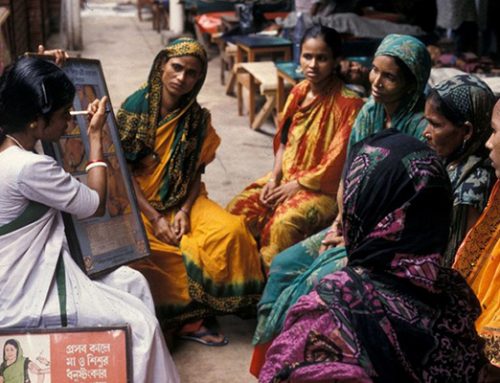
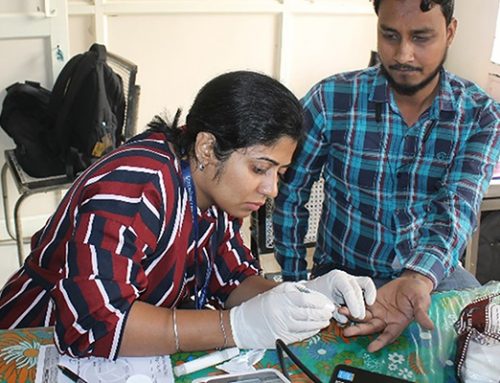

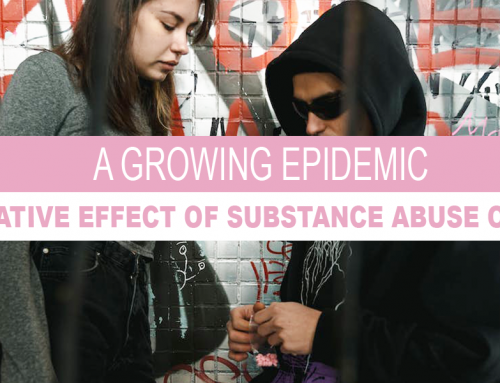
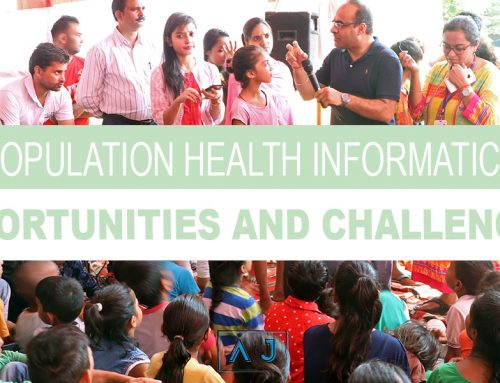




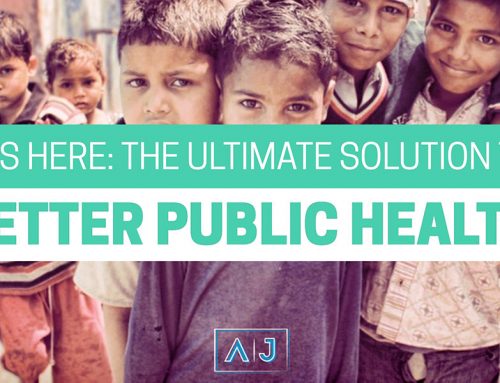


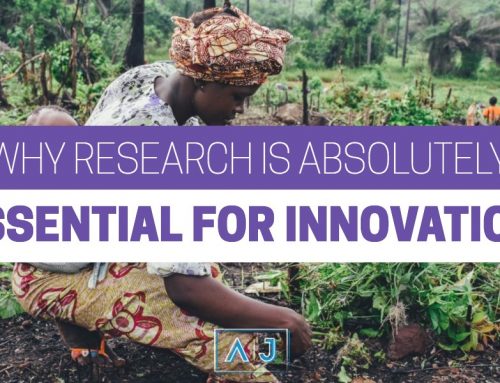


[…] It’s like treating symptoms without uncovering the root cause. As I discussed in my post 4 Important Things to Really Consider in Global Health Research, […]